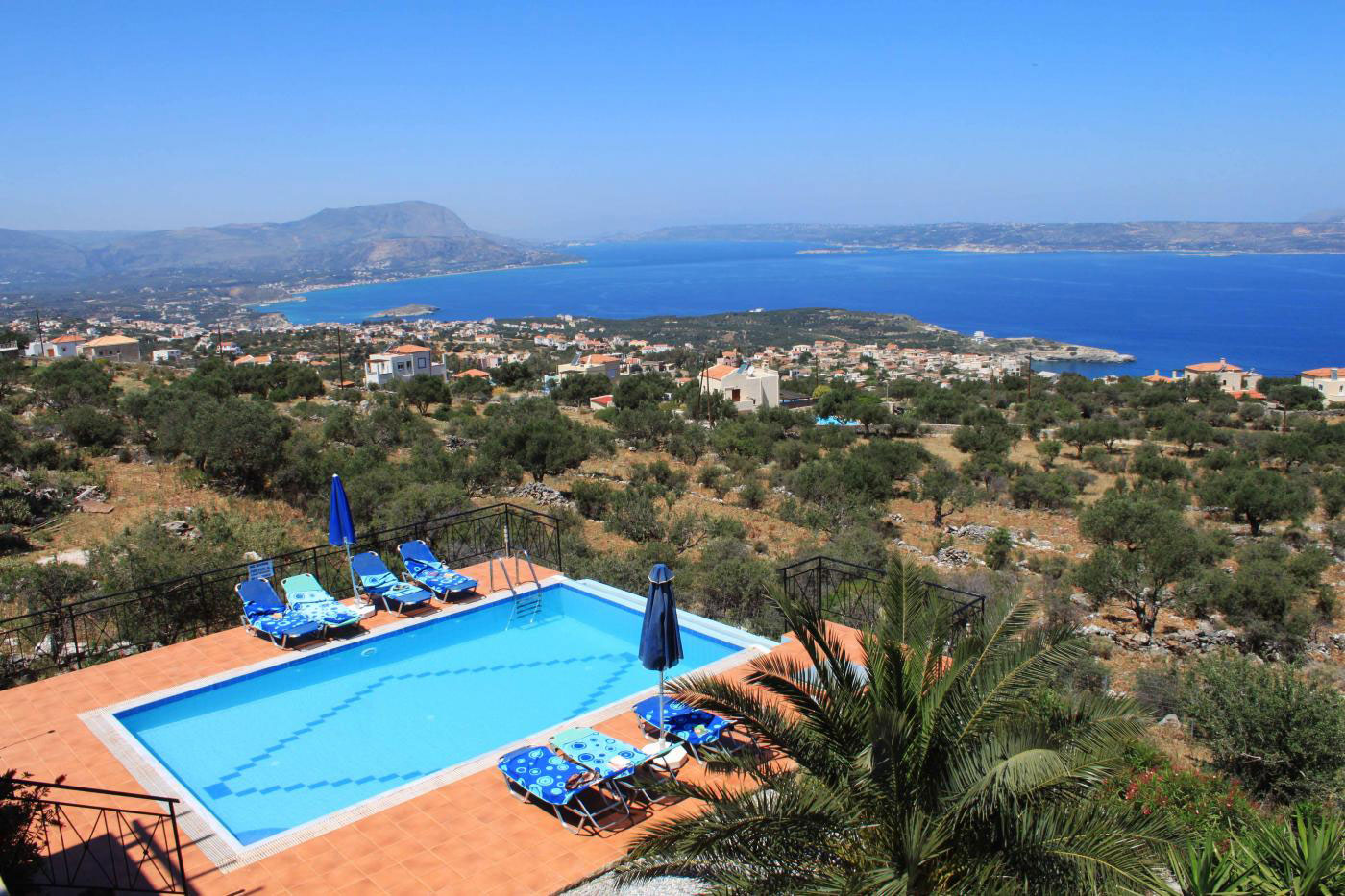COVID-19 In Crete - When Will It Be Safe To Travel?
This article was originally published on April 9th 2020. Click here to read our most recent update.
In March we shared a blog on the spread of Coronavirus and its impact in Crete. At the time of writing just 10 cases had been confirmed in mainland Greece and none had yet reached the island itself. Since mid-March things have changed a little but Greece, slightly separate from the other European countries hit hardest by Covid-19, by implementing lockdown and social distancing at an early date have, at the time of writing (April 9th), fewer than 2,000 cases.
Restrictions
Greeks were told to stay at home unless travelling for medical reasons or what’s deemed ‘essential’ work. Anyone taking to the roads must do so alone and carry both their passport and paperwork detailing the nature of their journey. Flouting the emergency laws can land a 150 Euro fine.
In the UK, the FCO advised Britons against all but essential travel. Greece imposed similar restrictions. As of March 20th access to its much-loved islands, of which Crete is one, has been restricted with these restrictions due for review in a couple of days time.
Recovery
It goes without saying the pandemic is likely to have a devastating effect on the Greek economy, already reeling from a decade of recession. The tourism industry is vitally important, making up around 10% of Greece’s GDP and so it is no surprise that Greece took these early lockdown steps in order to contain the spread of the virus. It’s tourists which politicians are hoping will spark a recovery as soon this crisis subsides. And there is optimism that moment may be edging closer.
Indeed, recent headlines are making for better reading, if there is such a thing during an epidemic. On Monday 6th April, Greece recorded its lowest rate of infections in three weeks (20).
Hope
The hope is caution will continue into the Easter weekend, when hundreds of thousands traditionally travel across the country to be with family. The government have acted swiftly to discourage gatherings, announcing religious services are to take place behind closed doors.
The Bank Holiday weekend could have a huge bearing on Greece and Crete’s immediate future. Government spokesperson Stelios Petsas confirmed as much. “If we stay at home in April”, he declared, “we will enjoy the results in May”.
That sentiment was echoed by the chief Scientific adviser, raising expectations that restrictions could be lifted within the month.
“I think it’s clear to us that in the past few days there is a slowdown and we expect to see a reduction, which means the measures are showing results.”
Already the villages of Damaskina and Dragasia have seen quarantines ended and the hope is life will return to normal elsewhere in the coming weeks.
This remains a fluid situation, however, as evidenced in the escalation preceeding our last blog. That’s why spokesman for the National Health Organisation and Professor for Infectious Disease Sotiris Tsiodras urged caution when discussing an apparent levelling of the curve.
“Complacency is not allowed”, he insisted. “It is possible that there will be a second wave of the epidemic in the fall.”
Positive news is hard to come by right now but in Greece there appears to be at least a glimmer of hope. The health and safety of all its residents – as well as our customers - is our primary concern. We hope the two can meet again soon.
Crete Escapes continue to monitor events in the region closely and will endeavour to keep our customers informed. We will assist our clients in every way possible and offer flexibility when it comes to final balance payments if necessary. We are also happy to move prior bookings to later dates or 2021, subject to availability, if upcoming holidays are impacted by COVID-19.
Explore Our Villas
Browse through our range of luxury villas situated in north-west Crete.
Our range includes traditional two-bedroom options, spacious villas for large groups, and everything in between, all designed with a focus on exclusivity and comfort.
Each villa offers a unique blend of traditional Cretan charm and modern amenities, such as pools and sea views, perfect for couples, families, and group travellers. With our seamless booking system, planning your dream holiday is easier than ever.


